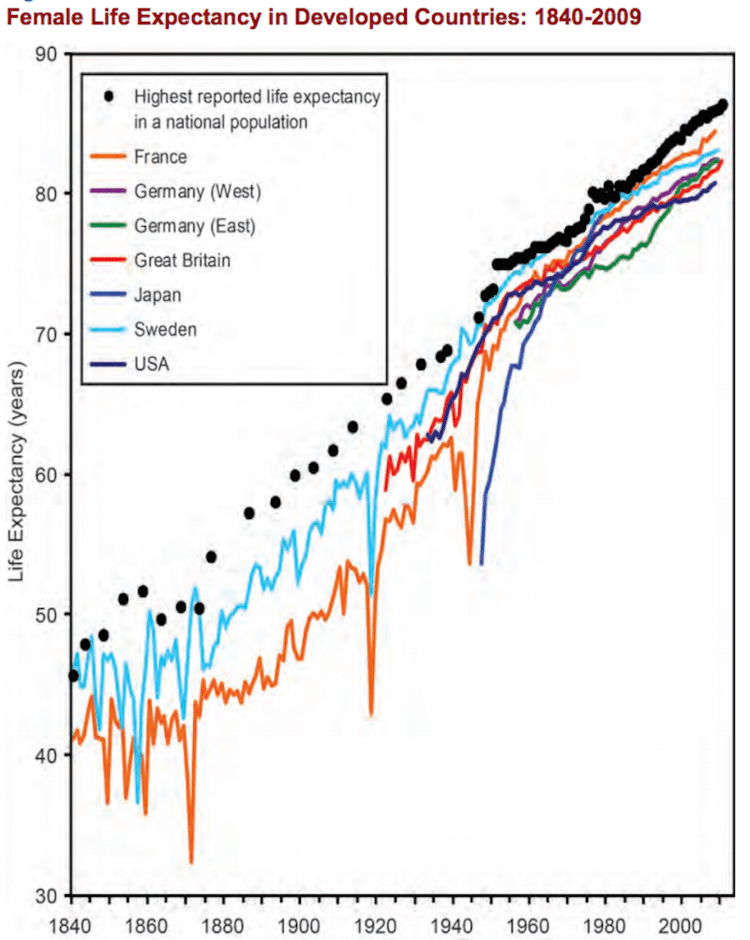The Pros and Cons

No Easy Answers
The conversation often ends up in the absolutes of not treating any disease vs immortality, neither of which is real. These discussions seem to be based in almost religious levels of belief and suspended disbelief. Just as with religion, or for that matter any abstract human idea such as paper money is really just a shared belief system, the same seems to be true of the longevity vs mortality debate. We seem to have very set ideas that are full of contradictions, and we are fine with that. We may want to relieve human suffering, but does that mean our goal is the end of age-related disease, or just some part of the disease category? Who gets to pick which ones are worth treating if we are not treating them all? If we are successful, and increase the aggregate human lifespan, thus saving accumulated human wisdom and human capital, will that increase suffering or lessen it? How do we bring the calculation of quality of life, not just quantity of life? Medicine is obviously increasing human lifespans, but should we now have an arbitrary expiration date like the Replicants in Blade Runner?
There are no ready answers to these questions, any more than there are answers to which is the best religion. With the geometrically accelerating pace of medical science, we will be required to give some thought to these questions. In the past, these were just imagined futures in the literature of science fiction. However, there is now good reason to believe that a person born in 2030 will have an expected lifespan well over 100. How do we feel about that? Or does feeling about it even matter if it is a reality?



